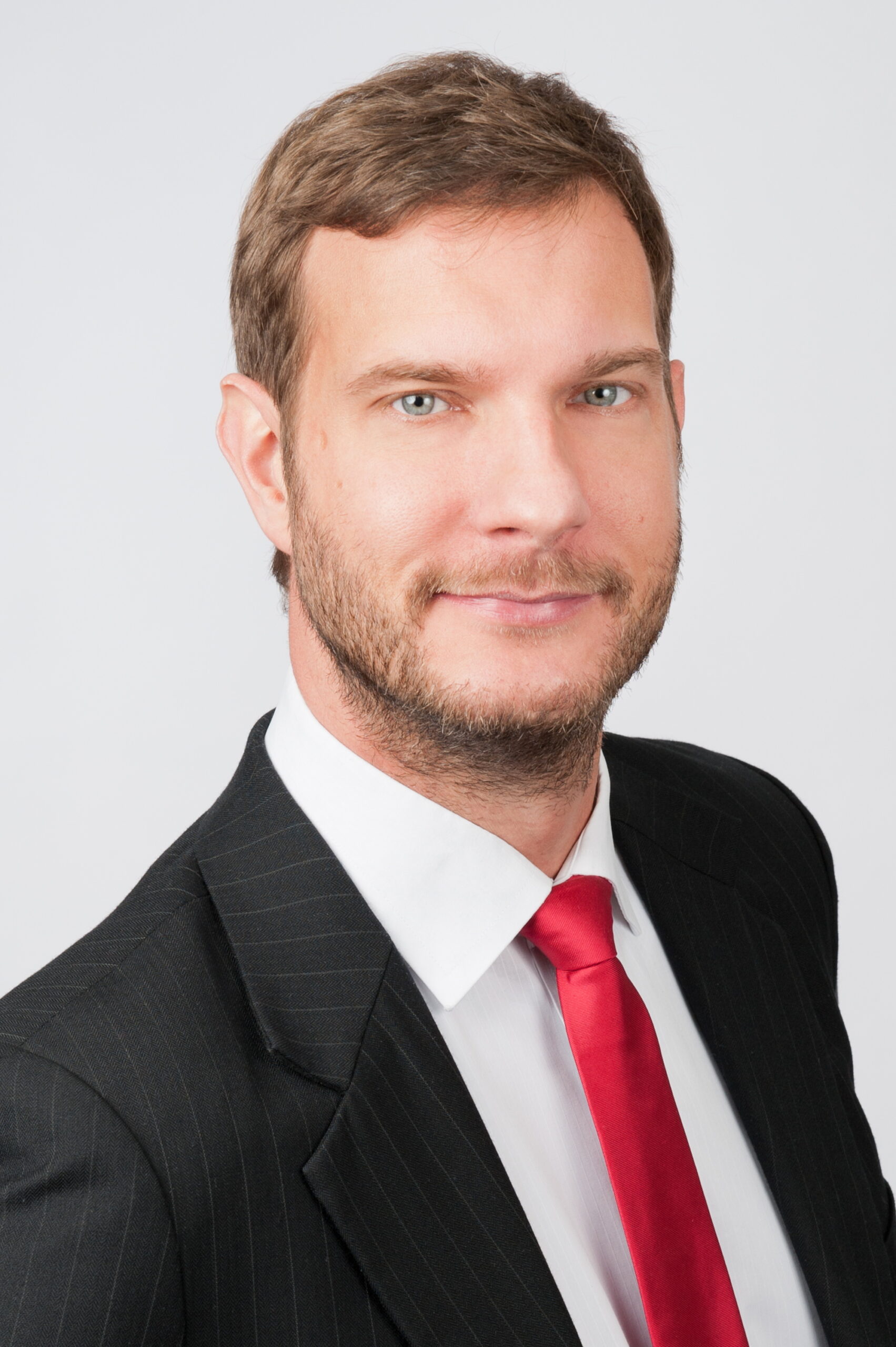Traffic rules are also needed in outer space
Darmstadt, February 16, 2021 – So far at least, little has been done to impose order on spacecraft in space. But political and technological changes, as well as the introduction of mandatory traffic rules for vehicles in earth orbit, are essential for preventing devastating accidents in space, according to CGI (NYSE: GIB) (TSX: GIB.A).
A global system for regulating aviation has long been the status quo – prior to the Covid-19 pandemic, more than 200,000 aircraft flew every day. All of the world’s countries are integrated into the system, which is designed to coordinate all flight movements in order to maximize safety.
Although this is a matter of course for air traffic, nothing similar yet exists for space. Conditions there are still like aviation in the Charles Lindbergh era, when no one could yet imagine today’s crowded airspace. But conditions in outer space are now heading in the same direction, as the number of human made objects beyond the earth’s atmosphere rapidly increases.
Some 2,800 functioning satellites are currently orbiting the earth, more than ever before. It would be nearly impossible to imagine everyday life without them, since they play vital roles in telecommunications, navigation, environmental monitoring and efforts to respond to natural disasters, among other things. And the number of satellites and the services they enable is rising constantly with the increasing digitization of technology. This trend is no longer being fueled exclusively by established organizations such as NASA and the European Space Agency (ESA); private companies are also entering the fray. SpaceX, for example, has launched its Starlink project with the goal of building a network of thousands of small satellites to provide broadband Internet access to large parts of the world. Blue Origin is another example.
“The risks may still seem negligible right now, but in fact the accelerating growth of the satellite population has already created an urgent need for action,” says Frank Löber, CGI’s Director of Consulting Services and a space traffic expert at CGI in Darmstadt. “The European Space Agency alone already has to carry out collision avoidance maneuvers every month to prevent accidents. Worldwide cooperation is crucial for preventing collisions and large-scale accidents in space in the long run.”
According to CGI, there is an urgent need to establish a global space traffic management system – analogously to the existing, reliably functioning air traffic management system that is accepted by all of the earth’s nations. It should not only target satellites and spacecraft, but also space debris. “In connection with the support CGI has provided to space agencies over the past few decades, we have been able to experience first-hand the challenges associated with the accumulation of space debris,” says Löber. “With projects and IT consulting work, we’re already helping to mitigate the problem and arrive at a workable international solution.”
First and foremost, the technological prerequisites must be met. This includes developing a global communication network, standardizing file formats, interfaces and communication protocols, setting up data links to all relevant observation platforms and databases, and implementing cybersecurity measures. Countries and private companies that are active in space also have to make a commitment to connecting to this IT network and applying the associated standards and protocols.
Besides addressing the technological issues, it’s therefore also necessary to clarify the legal situation. Although more than 100 countries have ratified the Outer Space Treaty, there are still a number of countries with their own space laws. Yet in the long term, space traffic can only be effectively managed on the basis of unambiguous, internationally accepted legislation.
A global strategy, coordination and standardization can make it possible to view spacecraft, satellites and their paths and greatly facilitate communication between the responsible parties if two objects look likely to collide. “Unfortunately, we are still a long way from that,” says Löber. “In many cases, space agencies and satellite operators often still have no choice but to identify satellites by searching the Internet and then communicate with their operators by email or phone. This situation will be untenable over the medium and especially long term; unless it changes, major accidents in outer space are waiting to happen.”
About CGI
Founded in 1976, CGI is one of the world’s largest independent IT and business consulting services firms. With 76,000 consultants and other professionals across the globe, CGI delivers an end-to-end portfolio of capabilities, ranging from strategic IT and business consulting to systems integration, managed IT and business process services and intellectual property solutions. CGI works with clients through a local relationship model complemented by a global delivery network that helps clients digitally transform their organizations and accelerate results. CGI reported revenue of C$12.16 billion in fiscal 2020 and its shares are listed on the TSX (GIB.A) and NYSE (GIB). Learn more at cgi.com.
Press Contact
CGI Deutschland B.V. & Co. KG
Sabine Ernst
Media Lead Deutschland
T: +49-151-16360469
sabine.ernst@cgi.com
https://www.cgi.com | https://www.de.cgi.com
PR-COM
Andrea Alton
Senior Account Manager
Tel. +49-89-59997-705
andrea.alton@pr-com.de
www.pr-com.de
